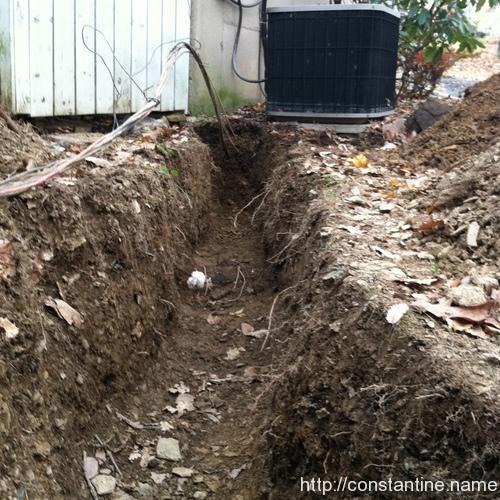There are only two things which seem to work for me: Plain old discipline, and regular, high-intensity exercise. Make a plan. Work the plan. Follow through. I don’t have to finish it all. (That used to be a huge problem too.) Each day, make a plan. And yes, some days the plan is, “today there’s no plan just follow your nose.” Where the mental freedom to believe that’s a good plan is banked during the days with a more plan-looking plan. The exercise acts as a baseline reset.
The result? An inevitable sense of disappointment. A sense that other people are doing better than us. We feel guilt. We feel pressure. We think “Oh, if only I had more money, or a better job, or lived in France where the child care benefits were different, if I had more custody, then things would be good…”
~ Ryan Holiday from, When You’re Too Busy Aiming For It, You Miss The Moments In Front Of You
slip:4uryai1.
Slowly, daily, my false sense of urgency ratchets up. It’s not healthy, but going out and doing something high intensity resets my personal brand of insanity. Every time I’m in the worst of moods, all I have to do is head out and just start running like I hate myself. (This is rare, but frequent enough that it’s useful to have a strategy ready.) I can go just a couple minutes running like I stole something, and then my crazy-brain starts bargaining… okay, uh, if we can just slow down a bit, I promise to stop acting crazy. I’m pretty sure that’s not the best way to deal with things, but it’s definitely a coping strategy that works well. And the side effects are awesome.
ɕ
